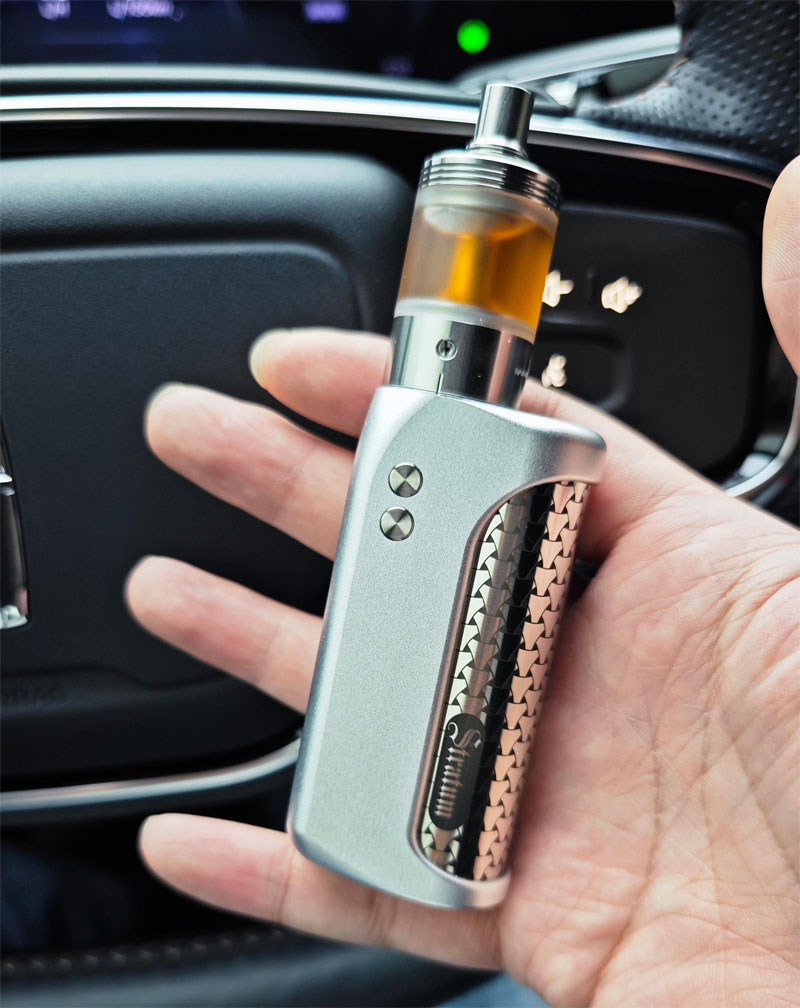Exploring Malta’s E-Cigarette Regulations: Key Insights
Malta, known for its rich history and vibrant culture, also has a robust regulatory framework governing e-cigarettes. For both locals and visitors, understanding Malta e-cigarette regulations is essential to ensure compliance and enjoy vaping without legal issues. This article aims to provide a comprehensive guide to the regulations surrounding the use, sale, and marketing of e-cigarettes in Malta.
E-Cigarette Use and Age Restrictions
In Malta, like many European countries, the legal age for purchasing and using e-cigarettes is 18. This aligns with the country’s commitment to prevent underage vaping and ensure that these products only reach adult consumers. Retailers must verify the age of purchasers to comply with Malta’s legal standards.
Advertising and Marketing Limitations
Marketing e-cigarettes in Malta is subject to stringent rules. Advertisements must not target minors and should align with responsible marketing practices. Promotional content that might appeal to individuals under the age threshold is strictly prohibited. This regulation helps maintain an ethical advertising landscape while protecting young people from undue influence.
Public Vaping Restrictions
Malta imposes certain restrictions on where one can vape. Similar to traditional cigarette smoking, vaping is prohibited in smoke-free zones, including public transport, education, and healthcare facilities. These measures are part of public health policies aimed at minimizing exposure to vapor in communal areas.
Product Safety and Standards
To ensure consumer safety, Malta enforces regulations on the quality of e-cigarette products. All devices and e-liquids must meet the standards set by the European Union’s Tobacco Products Directive (TPD). This includes mandatory health warnings, detailed ingredient lists, and restrictions on nicotine content. Compliance with these standards ensures the safety and reliability of vaping products available in the market.
Import and Retail Regulations
Businesses dealing with e-cigarette products must follow specific guidelines. Importers and retailers are required to notify their products with the Maltese authorities, ensuring transparency and adherence to safety standards. Additionally, they must keep detailed records of their transactions, reflecting the country’s rigorous approach to regulation.
Penalties for Non-Compliance
Failure to adhere to Malta’s e-cigarette regulations can result in significant penalties. These include fines and potential revocation of licenses for retailers. The enforcement of these laws underscores the importance the Maltese government places on regulation compliance, prioritizing public health and safety.
Compliance and Consumer Responsibility

While regulatory bodies enforce these rules, consumers also play a vital role in compliance. By staying informed about legal developments and purchasing products from licensed vendors, consumers contribute to a safe and regulated market.
FAQ
Are there flavor restrictions on e-liquids in Malta?
Currently, Malta does not impose specific flavor bans on e-liquids. However, products must comply with TPD regulations regarding labeling and nicotine content.
Can tourists bring e-cigarettes to Malta?
Tourists are allowed to bring e-cigarettes into Malta for personal use. It is advisable to check current airline policies and local regulations to avoid any travel-related issues.
What measures are in place to prevent underage vaping?

Retailers are required to verify the age of every purchaser, ensuring compliance with the legal purchasing age of 18. Additionally, marketing aimed at minors is strictly prohibited.
How are these regulations enforced?
Malta’s regulatory bodies conduct regular inspections and audits, ensuring compliance with e-cigarette laws. Penalties for violations are strictly applied to maintain a high standard of public health.
